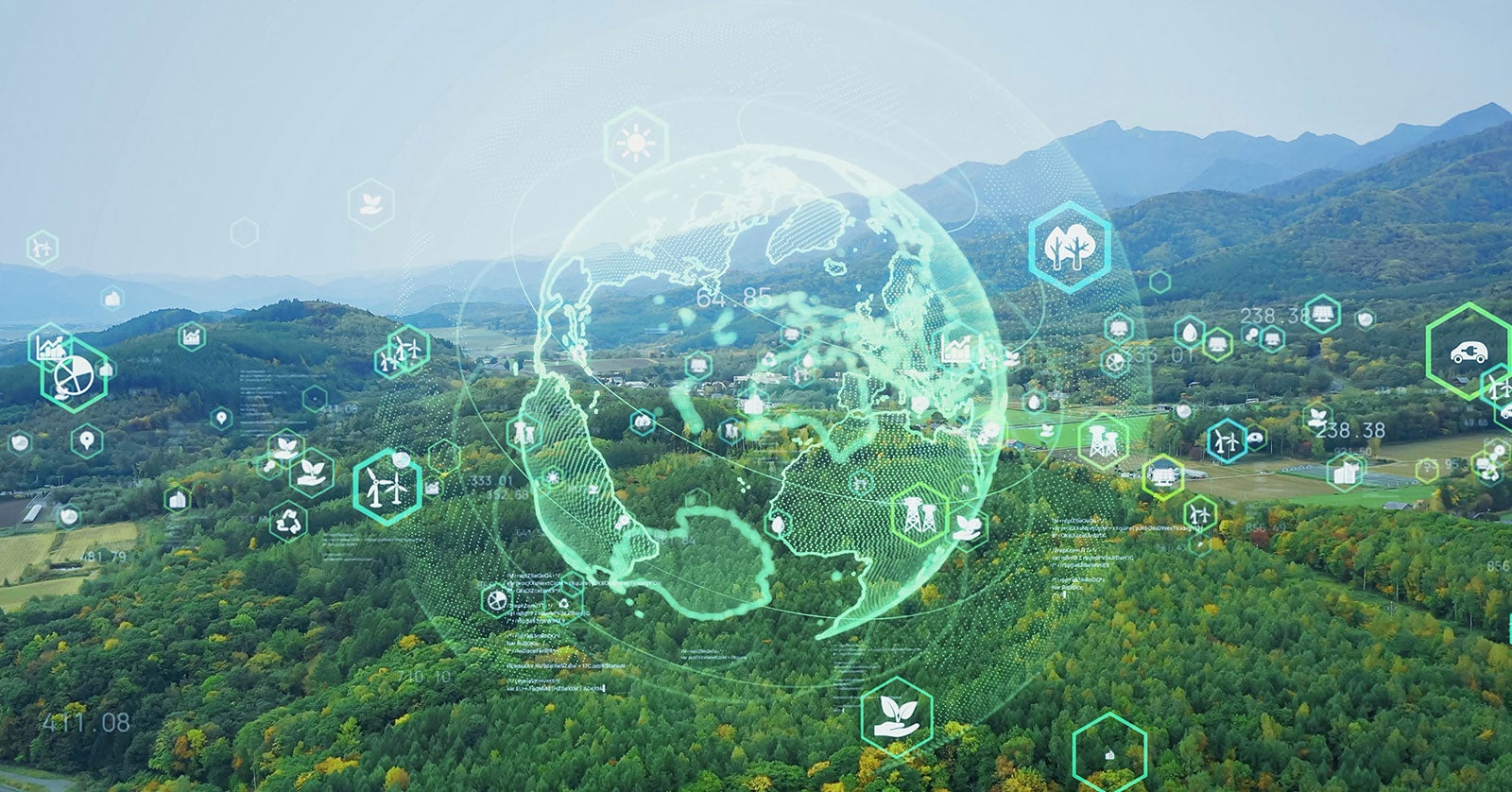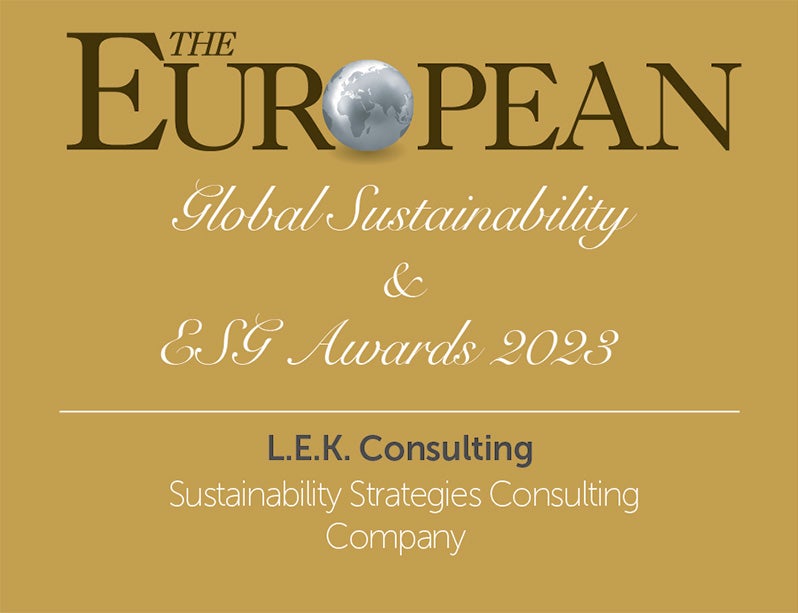Sustainability
The challenges
Corporate leaders face growing expectations to build sustainability into their business model, incorporating clear environmental, social and governance (ESG) goals, particularly net-zero commitments and time frames for delivery.
However, leaders are challenged by various trade-offs: How can the organization carry out its sustainability agenda without impeding other strategic initiatives? How can management balance the competing demands of technological change, shifting customer preferences and ongoing regulatory developments?
Embracing sustainability in a business is a multifaceted challenge, raising questions along various dimensions, such as:
At the heart of establishing a sustainable business is an appetite for change through ways of working, developing talent, embracing and leveraging new technology, and establishing new, agile operating models.
Early movers — those who drive to put sustainability at the center of their strategy — are creating commercial advantages.
Navigating The Journey To Decarbonisation
Download our special report based on the findings of a global survey of 400 leaders on their commitment to decarbonisation and the barriers they face.

Our support
L.E.K. Consulting works with clients throughout their journey to establish thriving sustainable businesses. Through our Sustainability Centre of Excellence, overseen by an Executive Board of Partners and led by L.E.K.’s Vice Chair of Sustainability, we develop intellectual capital to provide nuanced perspectives on complex topics.
We support management teams in setting targets, developing the plans and roadmaps, transforming organizations, and growing their businesses organically and by way of acquisition. We work with investors to review potential transactions, develop new business plans, and support implementation and value creation.
We have highlighted five specific areas of sustainability-related support.
Deep sector knowledge
Our sector teams around the world are putting their deep expertise to work in helping clients tackle the critical sustainability issues affecting organizations. Some of the most topical areas include the following:
Industrial companies face both challenges and opportunities from the energy transition, together with a drive to establish resilient and sustainable supply chains. They also consider the requirements of a just transition through their aim to ensure diversity and inclusion in the workforce and adopt strong work practices around the globe. Other driving forces include energy efficiency, sustainable packaging, automation, decarbonization in construction and building materials, achieving net-zero emissions, earning a social license to operate, and more.
Consumer-focused businesses are leading in circular economy initiatives, and are responding to increasing demand to provide products with strong sustainability credentials while maintaining the functionality and costs consumers are asking for. Top of mind for consumers and companies serving consumers are recycling and reverse logistics, regenerative and resilient food systems, and sustainable-forward products.
Healthcare companies are innovating in the “social” areas of ESG, such as value-based care models, personalized and precision medicines, social determinants of health, and novel patient engagement. Meanwhile, life sciences companies are confronting the environmental impact of manufacturing, packaging and waste management; issues of affordability; and the gap between high- and low-income countries in their access to medicine.
Energy companies are focusing on two angles to sustainability. On the conventional side, capital is flowing to decarbonizing the operations of the traditional oil and gas players, which are also investing in emission control and carbon capture, utilization and storage (CCUS) technologies. On the other side, the rise in renewables and solutions, such as electric vehicles, is driving demand for storage (e.g., battery technology) and further innovation in new technologies (e.g., green fuels and hydrogen).
Travel and transportation companies are wrestling with the challenge to fund the move to more expensive zero-emission fleets in an environment of increasing government regulations and requirements. While travel and transport are notoriously difficult to decarbonize, sustainable aviation fuel and other types of sustainable fuel will help companies reach net zero.
Financial services and insurance institutions are tasked with evaluating and managing transition risk (e.g., stranded assets, technology), decarbonizing their portfolios, and accelerating access to green financing. These firms face challenging questions around recruiting ESG-skilled talent, the impact of carbon markets and pricing, various climate scenarios, and the changing landscape of disclosure standards.
Cutting across sectors, we can also help you create value through the adoption of the leading-edge organizational practices surrounding ESG talent development, organization design, board governance frameworks, human resources strategy and more. Companies are scrambling for engaged talent, especially talent that is well skilled and well versed in ESG. An intentional approach to recruiting, employee engagement, retention, professional development, and diversity and inclusion remain critical to building up the sustainable workforce of tomorrow.









